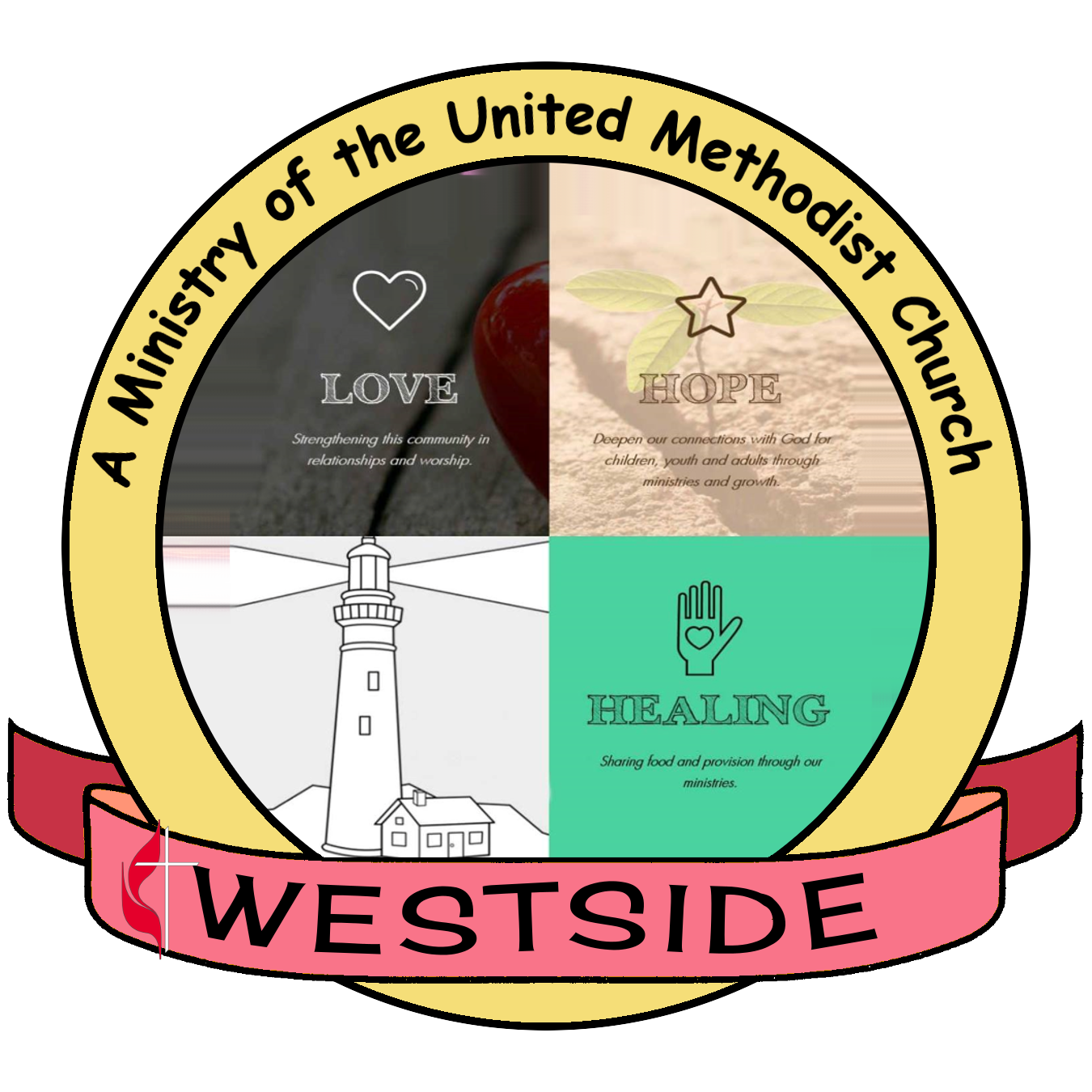Scripture: Isaiah 42: 1-9; 53: 1-12; and Matthew 16: 13-17:9
Once Jesus took his disciples on two field trips, one right after the other.
The first was to a place called Caesarea Philippi, whom the son of Herod the Great, Herod Philip, had named after himself and the emperor, but previously, it was a place that had been a site of worship for the Canaanites, as a place to worship Baal, for the Greeks as the place to worship the god Pan, and then for the Romans as a place to worship Caesar, the “son of the gods,” the “lord.” In this way, it marked a site of worship, with many statues to many deities. There Jesus took his disciples and asked what the people said of Him.
After a few responses, he narrowed his question to what the disciples said of Him and there, in this place of many gods, Peter declared that Jesus was “the Christ, the Messiah.” This was not a religious statement, solely, but a political one. Peter thus was saying that Jesus was the true and anointed liberating king over and against Caesar. Not only that, but Peter said Jesus was “The Son of the Living God,” raising Jesus far above Caesar who claimed to be the son of the gods. Saying Jesus is Lord was a political and revolutionary thing to say.
Immediately this revelation was called into question for the manner in which Jesus would fulfill it was at cross purposes with how Peter thought it ought to be fulfilled. Only violence could overthrow the violence of Rome, would have been Peter’s logic. That’s what he thought the Messiah would do. But Jesus would demonstrate that violence cannot defeat violence, nor hate defeat hate, nor domination defeat domination. God’s ways were different.
“God must achieve victory through defeat, glory through shame, strength through weakness, leadership through servanthood, and life through death” (p 119).
The second field trip, less than a week later was to the top of a mountain with three of his disciples where they would experience, as Peter later wrote, “the Majestic Glory, saying, ‘This is my Son, whom I love; listen to Him.’ We ourselves heard this voice that came from heaven when we were with him on the sacred mountain” (2 Peter 1: 17-18).
We are all a bit like Peter, McLaren observes, brilliant one minute and making fools of ourselves the next. We understand Jesus with the right terminology, perhaps, but don’t always get his heart. But like Peter, we are still learning, and like him, “we also are on one big field trip with him that we are taking together.”
This new way inaugurated by Jesus -- a way to make a difference without violence, shunning power -- this is a way that is counter cultural. It is a new way.
McLaren invites us to share into this thought through these responses:
Share a story about a time when you were completely certain about something, and then you realized you were completely (or at least partly) wrong. For me - that has been in relationship to an opinion I had about something in my wife, Karen’s, life. I was so certain and dogmatic that I was write, yet I was sincerely wrong and it was painful for her and for me. I have not always been the easiest person to live life with.
Look for situations this week when your initial reaction should be questioned, especially in relation to power dynamics.
Where in your life is your thinking out of alignment with God’s ways? What might Jesus tell you to shift or change?
